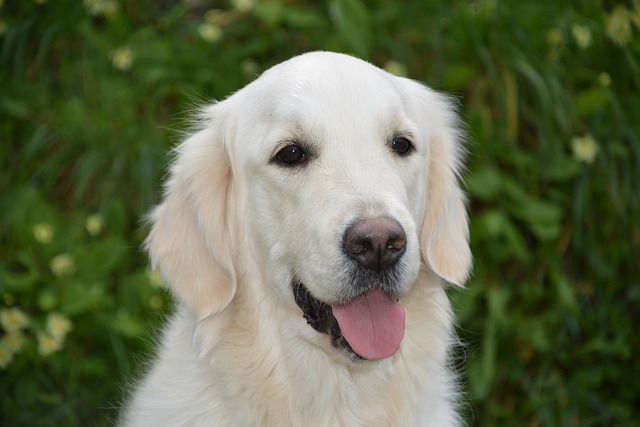
How to get dead flaky skin off a dog
How to get dead flaky skin off a dog? If you’ve ever buried your face in your golden retriever “Max’s” fur for a cuddle, only to pull back with tiny white flakes clinging to your sweater
Has your dog been giving you that squinty side-eye like they’re judging your music taste? Or maybe they’ve been pawing at their face so much, you’re starting to think they’re practicing for a Broadway show? These funny little behaviors could actually be their way of saying, “Hey, something’s not right with my eyes!” Don’t worry, though—figuring out if your dog’s eyes are healthy isn’t as tricky as it sounds. Let’s break it down.
First things first, let’s get up close and personal with those puppy dog eyes. Call your furry friend over, and while they’re busy hoping for a treat (because let’s be real, that’s usually the only way to get their attention), gently lift their eyelids. You’re looking at the white part around the colored center, or the sclera. In a healthy eye, it should be as white as the whipped cream on your morning coffee. If it’s red like a stop sign or yellowish like old paper, that’s a sign to start taking notes. It’s just like when your eyes get all bloodshot after a long night—your dog’s trying to tell you they’re not feeling great.
Now, onto the pupils. Every home’s got that random tiny flashlight stuffed in a drawer somewhere, right? Grab it and shine it at your dog’s face from about a foot away. Nothing too crazy—we don’t want to turn this into a full-on interrogation! Both pupils should shrink at the same time, like two friends high-fiving. If one stays big and the other gets small, or they don’t react at all, it’s time to reach for your phone and call the vet. Uneven pupils could mean anything from a small scratch they got while roughhousing in the yard to something more serious.
Tears are normal—even the toughest Rottweiler might get a little misty-eyed now and then. But if your dog looks like they’re crying rivers, or their eyes are so dry they’re flaking like a desert, that’s a problem. Breeds like Pugs and Shih Tzus are known for having tear stains, kind of like how some people have freckles. But if those stains suddenly get darker, or your dog’s rubbing their face so much it’s getting raw, don’t wait around.
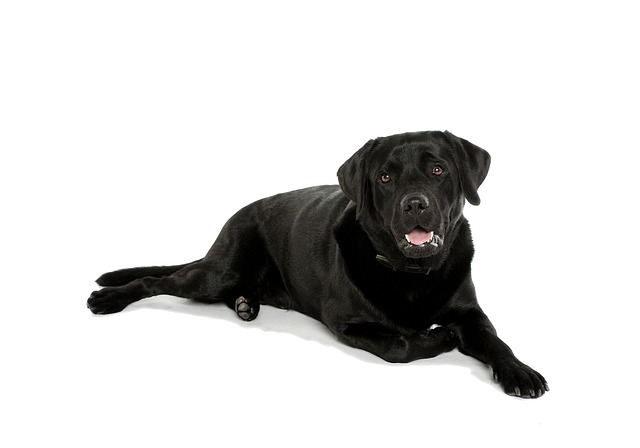 Here’s a sneaky part most people forget: the third eyelid. It’s that little pinkish fold in the corner of their eye, like a hidden curtain. Usually, it stays out of sight, doing its thing quietly. But if it starts covering part of the eye or looks all puffy, that’s a red flag. Imagine getting a piece of lint in your eye and how annoying that is—your dog’s dealing with something similar.
Here’s a sneaky part most people forget: the third eyelid. It’s that little pinkish fold in the corner of their eye, like a hidden curtain. Usually, it stays out of sight, doing its thing quietly. But if it starts covering part of the eye or looks all puffy, that’s a red flag. Imagine getting a piece of lint in your eye and how annoying that is—your dog’s dealing with something similar.
Let’s talk about safety. Leash laws aren’t just there to ruin your dog’s fun chasing squirrels. Those bushes and tall grass might look like an adventure park, but they’re full of stuff that can hurt your dog’s eyes—sharp thorns, sticky burrs, even tiny shards of glass. And at home, keep pool chemicals and cleaning supplies locked away tighter than your secret junk food stash. You wouldn’t leave bleach within reach of a toddler, right? Treat your dog’s safety the same way.
If you ever notice your dog squinting, bumping into things more than usual, or if there’s a cloudy film over their eye that wasn’t there before, don’t play detective. Just make that vet appointment. Vets have all sorts of cool tools to check for things we can’t see, like tiny ulcers or glaucoma. And remember, eye check-ups aren’t just for puppies. Even your senior dog, who’s starting to act a little more clumsy around the house, needs regular check-ins.
For all you outdoor fanatics—yes, those dog sunglasses you see on Instagram aren’t just for show. If you’re going on a long hike or spending a day at the beach, those UV rays are just as bad for your dog’s eyes as they are for yours. You wouldn’t go skiing without goggles, so why should your doggo have to squint through a sunny day?
Taking care of your dog’s eyes doesn’t have to be a chore. A few minutes of checking each week, some common sense, and a good relationship with your vet are all it takes. After all, those big, beautiful eyes are how your dog shows you their whole heart. Keep them healthy, and you’ll keep that special connection strong for years to come.

How to get dead flaky skin off a dog? If you’ve ever buried your face in your golden retriever “Max’s” fur for a cuddle, only to pull back with tiny white flakes clinging to your sweater
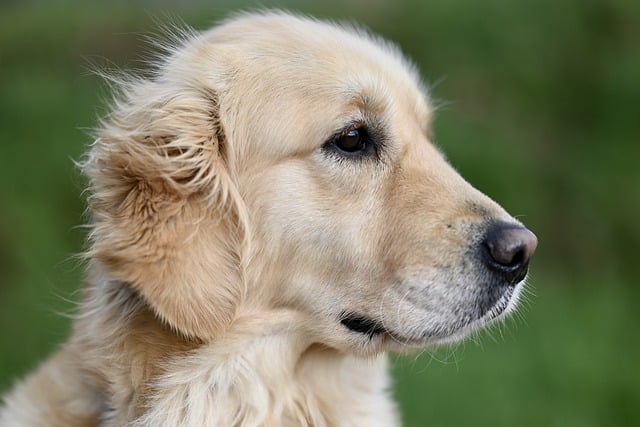
Will my dog’s paw pad heal on its own? If you’ve ever ended a walk with your Australian shepherd “Milo” to find tiny spots of blood on the sidewalk, then noticed a ragged scratch on his paw pad

You’re out in the yard, watching your dog chase a ball, when you notice they’re moving a little stiffly—maybe hesitating before jumping up on the porch, or limping slightly after a quick run.
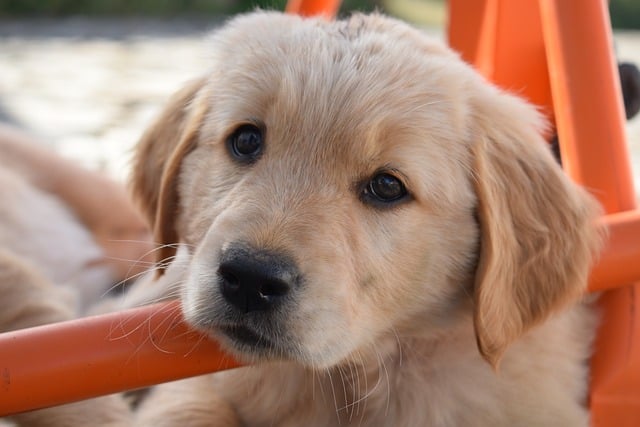
How do I toughen up my dog’s paw pads? If you’ve ever watched your 3-month-old golden retriever puppy “Buddy” pause at the edge of the sidewalk
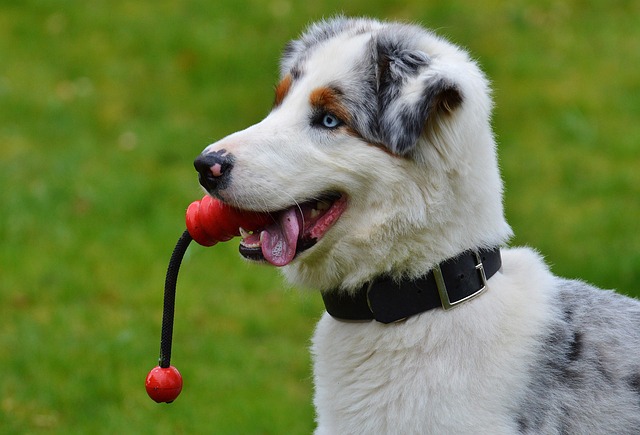
It’s a scenario many new dog owners know too well: you wake up to find your pup’s bed dotted with small puddles of diarrhea, or they turn up their nose at breakfast and let out a low, unhappy whine.

That unmistakable fishy odor suddenly filling your studio apartment, or your pup doing an urgent "scoot" across your favorite rug – it’s frustrating and concerning.